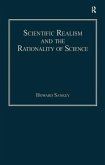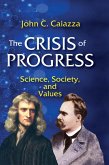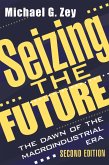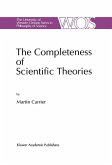The birth of modern science was linked to the rise in Western Europe of a new sensibility, that of the scientific intellectual. Such a person was no more technician, looking at science as just a job to be done, but one for whom the scientific stand-point is a philosophy in the fullest sense. In The Scientific Intellectual, Lewis S. Feuer traces the evolution of this new human type, seeking to define what ethic inspired him and the underlying emotions that created him.Under the influence of Max Weber, the rise of the scientific spirit has been viewed by sociologists as an offspring of the Protestant revolution, with its asceticism and sense of guilt acting as causative agents in the rise of capitalism and the growth of the scientific movement. Feuer takes strong issue with this view, pointing out how it is at odds with what we know of the psychological conditions of modern societies making for human curiosity and its expression in the observation of and experiment with nature.Feuer shows that wherever a scientific movement has begun, it has been based on emotions that issue in what might be called a hedonist-libertarian ethic. The scientific intellectual was a person for whom science was a 'new philosophy,' a third force rising above religious and political hatreds, seeking in the world of nature liberated vision, a intending to use and enjoy its knowledge. In his new introduction to this brilliantly readable volume, Professor Feuer reviews the book's critical reception and expands the scope of the original edition to include fascinating discussions of Francis Bacon, Thomas Edison, Charles Darwin, Thomas Hardy, and others. The Scientific Intellectual will be of interest to scientists and intellectual historians.
Dieser Download kann aus rechtlichen Gründen nur mit Rechnungsadresse in A, B, BG, CY, CZ, D, DK, EW, E, FIN, F, GR, HR, H, IRL, I, LT, L, LR, M, NL, PL, P, R, S, SLO, SK ausgeliefert werden.









